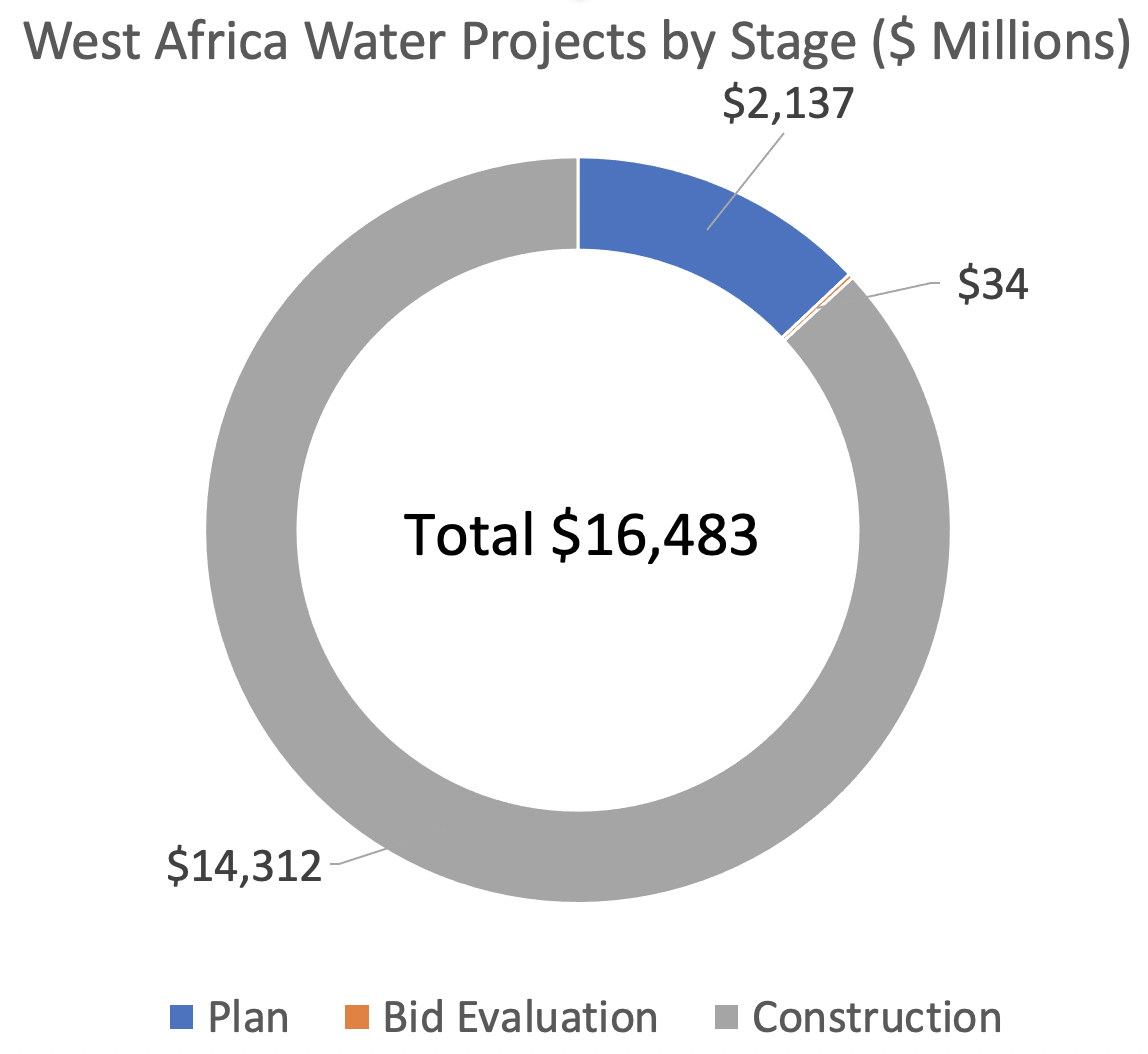Niger requires an additional 800 million cubic metres of potable water per annum by 2030
Niger’s population will increase by a staggering 44 per cent over the next ten years. Massive investment in critical infrastructure is required to meet the basic needs of a growing population.
Expected to grow by ten million people by 2030, Niger will need to invest heavily in critical infrastructure to meet the needs of a growing population. ABiQ estimates Niger will need to provide an additional 800 million cubic metres of potable water per annum. This additional capacity will not eradicate the current water shortages. It will only cover population growth over the next decade.
Niger’s rural population accounts for more than eighty per cent of the total population. Rapid urbanisation and a population growth rate of forty-four per cent over the next decade will push Niger’s critical infrastructure to a breaking point. Fifty-five per cent of Niger’s rural population does not have access to clean water services. Whilst only eight per cent of the rural population have access to sanitation.
If you enjoyed this article, you might want to read “Western Africa has more than $16 billion in active water projects” or “By 2030 Mali needs an additional 50 million cubic metres of potable water“
If you want to know more about water projects in Western Africa, please reach out to us here.

